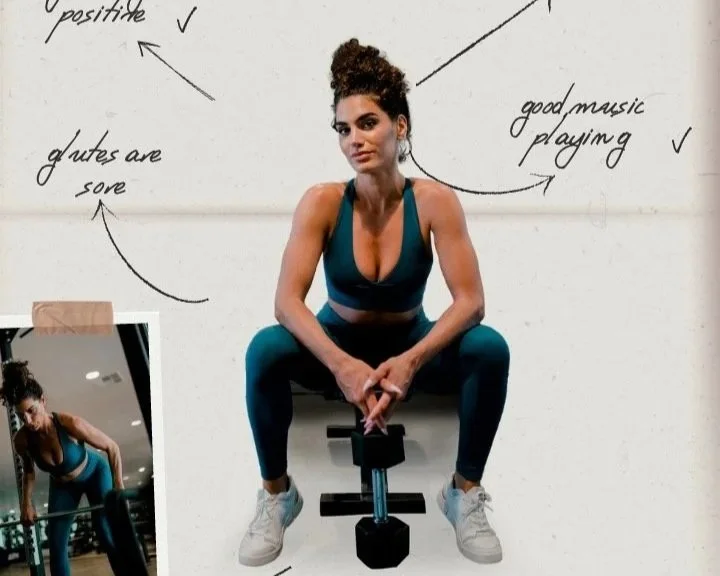Beyond the Burn: Why Activity-Based Calorie Cutting Isn't Always the Answer
So, you're looking to manage your weight, and you've probably heard the advice: "Just burn more calories than you eat!" Sounds simple, right? And, naturally, that leads to trying to precisely calculate how many calories you burn with every workout or daily activity and then cutting your food intake accordingly.
Well, here's the thing: While the "calories in, calories out" concept has a foundation in truth, it's not the WHOLE story, especially when it comes to long-term weight management. Basing your calorie cuts solely on your daily activity level can be a bit of a trap.
Why the Activity-Based Approach Can Fall Short
Calorie tracking is tricky! Let's be real, accurately tracking calories burned through activity is HARD. Fitness trackers and apps offer estimates, but they can be off by a significant margin. Factors like your individual metabolism, muscle mass, and even the weather can influence how many calories you actually burn.
It ignores the bigger picture of nutrition. Weight management isn't JUST about calories. It's about nutrients. If you're drastically cutting calories, especially without considering the nutritional value of your food, you might miss out on essential vitamins, minerals, and macronutrients (protein, fats, and carbs) that your body needs to function optimally. This can lead to fatigue, cravings, and ultimately, make it harder to stick to your plan.
Metabolic adaptation. Your body is smart. When you consistently restrict calories, especially if you're very active, your metabolism can slow down. This is a survival mechanism – your body tries to conserve energy. Over time, this means you'll burn fewer calories at rest and during activity, making it harder to lose weight (or maintain your weight loss) even on the same calorie intake.
It can mess with your relationship with food. Constantly obsessing over calorie calculations and "earning" your food through exercise can lead to an unhealthy relationship with food. It can promote guilt around eating and make you see food as the enemy instead of a source of nourishment and enjoyment.

So, What's a Better Approach?
Instead of solely focusing on cutting calories based on activity, consider these strategies for sustainable weight management:
Prioritize whole, unprocessed foods: Focus on nutrient-dense foods like fruits, vegetables, lean protein, and whole grains. These foods will keep you feeling full and satisfied, making it easier to manage your overall calorie intake without feeling deprived.
Find a sustainable calorie deficit: Instead of drastic cuts, aim for a moderate calorie deficit that you can realistically maintain over time. A deficit of 250-500 calories per day is a good starting point for many people.
Focus on strength training! Building muscle mass increases your metabolism, meaning you'll burn more calories at rest. Plus, strength training has tons of other benefits for your overall health and well-being.
Listen to your body: Pay attention to your hunger and fullness cues. Don't ignore signals that you are hungry because of your activity levels. Eat when you're hungry and stop when you're satisfied.
Work with a professional: An experienced nutritionist or certified personal trainer like myself can help you develop a personalized plan that takes your individual needs and goals into account.
While being mindful of your calorie intake and activity level is important, it shouldn't be the ONLY focus. A more holistic approach that prioritizes balanced nutrition, strength training, and a healthy relationship with food is the key to sustainable weight management and overall well-being.
What are your thoughts? Let me know in the comments or shoot me a message to set up your FREE consultation call.

Follow Amanda Hart for free fitness tips





































